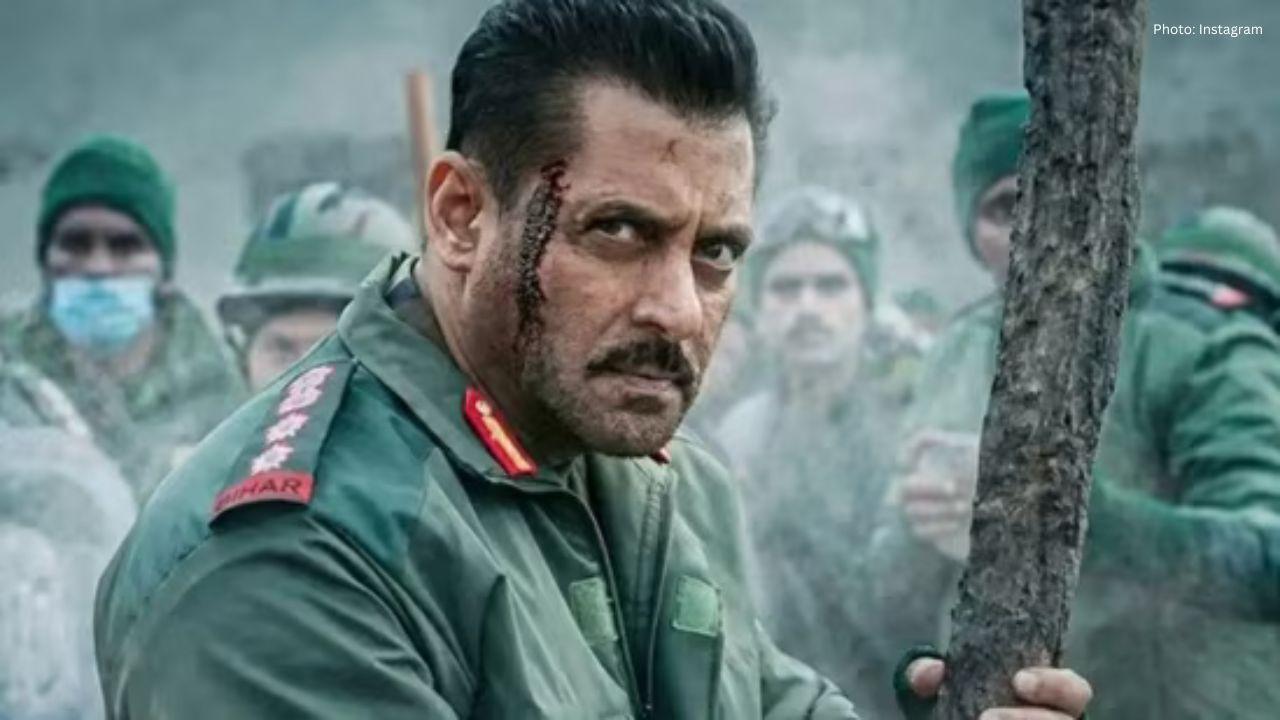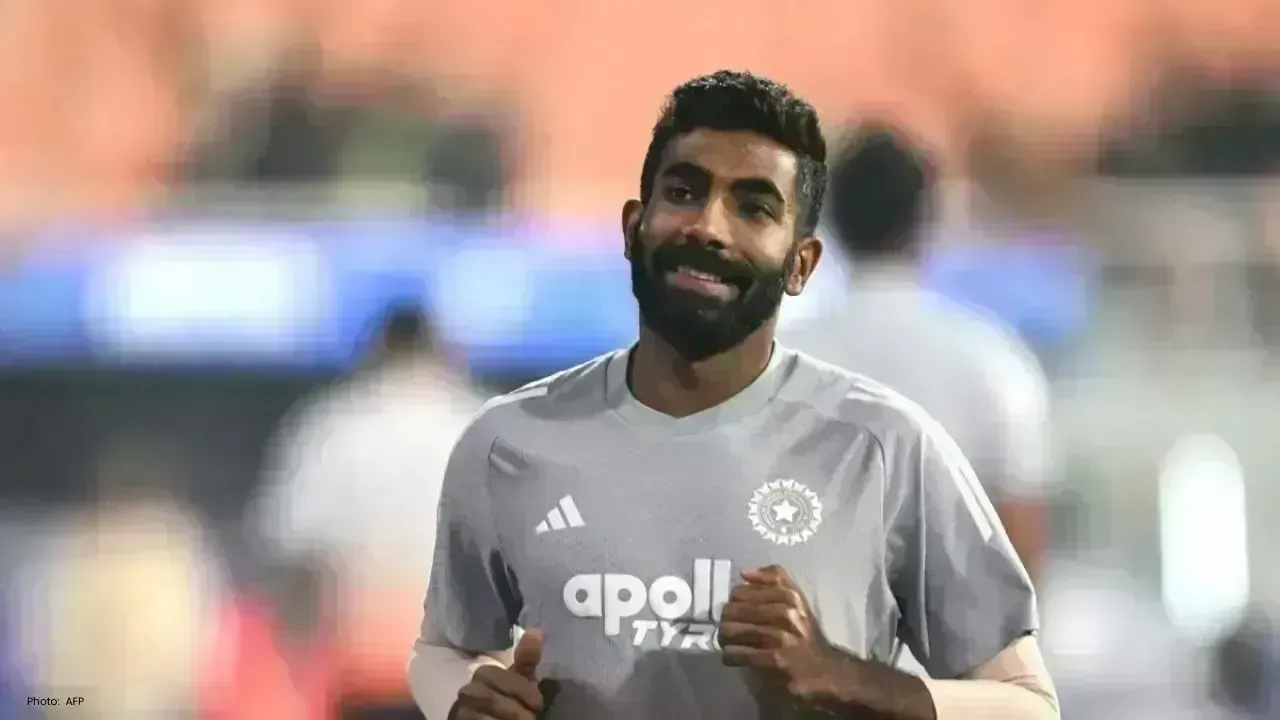You have not yet added any article to your bookmarks!

Join 10k+ people to get notified about new posts, news and tips.
Do not worry we don't spam!

Post by : Anis Farhan
For much of its history, cricket was closely associated with former British colonies, flourishing mainly in South Asia, Australia, England, the Caribbean, and parts of Africa. It was often considered a sport of tradition, discipline, and patience, appealing to cultures that had inherited it through colonial ties. But in recent years, the game has begun to break free from its traditional boundaries. Nations that had little or no historical connection to the sport are now developing cricketing infrastructure, establishing professional leagues, and nurturing local talent. This expansion marks a significant shift in cricket’s global identity, as it strives to compete with other international sports such as football and basketball.
One of the most significant developments in cricket’s global spread is its entry into the United States. Historically, cricket had limited recognition in America, overshadowed by baseball. However, the creation of Major League Cricket (MLC) in 2023 marked a bold step in bringing the sport to a market with immense commercial potential. Backed by high-profile investors and global cricketing stars, MLC has already attracted strong interest among local communities, especially given the large South Asian diaspora in the country.
The U.S. also hosted the 2024 T20 World Cup in partnership with the West Indies, giving American audiences firsthand exposure to high-level international cricket. The event showed that cricket could thrive in a non-traditional market when given the right infrastructure, promotion, and visibility. The potential for cricket in the U.S. lies not just in engaging diaspora communities but in creating a fresh audience that views the sport as something exciting and modern rather than colonial or outdated.
In recent years, the Middle East has emerged as a crucial player in the global cricket landscape. The United Arab Emirates, Qatar, and Saudi Arabia have invested heavily in sports infrastructure, and cricket has benefited significantly from this momentum. Dubai and Abu Dhabi are already home to world-class cricket stadiums that have hosted major international tournaments. With expat communities forming the backbone of local cricket culture, the region is positioning itself as a neutral ground for international matches and franchise leagues.
The Gulf’s involvement is not just about providing venues but about long-term sports strategy. Saudi Arabia, for instance, has expressed ambitions of investing in cricket, aligning with its broader efforts to diversify its economy and enhance its cultural footprint through global sports. With financial power and infrastructure at their disposal, Middle Eastern nations are likely to play a pivotal role in cricket’s expansion outside traditional territories.
Beyond the Commonwealth, Europe has also shown increasing curiosity about cricket. While the United Kingdom has always been the game’s stronghold, countries like Germany, the Netherlands, and Italy are starting to develop their cricket programs. Germany’s national team, for example, has gained recognition for its rapid progress, bolstered by immigrant communities and grassroots initiatives.
The Netherlands, already a known associate cricket nation, has delivered impressive performances at international events, especially in T20 cricket, which has helped elevate its profile. T20, with its fast-paced style and entertainment-driven format, is proving to be the perfect vehicle for cricket’s growth in Europe, where shorter sporting formats are more appealing to audiences.
While cricket has not yet broken into China in a significant way, there is a growing interest in introducing the sport as part of broader sports education initiatives. With China’s vast population and its capacity to adopt and commercialize sports, cricket’s entry into the country could be a game-changer. Japan has already taken early steps, with its national team participating in international competitions and its governing body working to establish cricket among youth.
East Asia could represent a future stronghold for cricket, especially if organizations like the International Cricket Council (ICC) push for targeted programs to embed the sport into local cultures. Success here would symbolize cricket’s evolution from a colonial legacy to a truly global phenomenon.
The digital era has played a crucial role in helping cricket reach non-traditional markets. Streaming platforms, social media, and online engagement have enabled fans worldwide to watch matches in real-time. Platforms like YouTube, coupled with global broadcasters, have introduced cricket to audiences who may never have seen a live match before.
In addition, fantasy cricket leagues and gaming apps have increased participation by making the sport accessible in digital spaces. The shorter formats—T20 and The Hundred—are more suited to today’s fast-paced consumption patterns, making cricket far more appealing to younger generations across the globe.
A key factor behind cricket’s expansion beyond Commonwealth countries has been the role of diaspora communities. South Asian, Caribbean, and African migrants living in countries like the U.S., Canada, and various parts of Europe have acted as ambassadors of the game. By organizing local tournaments, setting up clubs, and maintaining cultural ties to cricket, these communities have ensured the sport finds roots even in unfamiliar lands.
However, the next big step for cricket lies in transitioning from a diaspora-driven sport to one that resonates with native populations in these new markets. This is the real test of cricket’s ability to transform into a global sport, rather than one bound by its colonial heritage.
The decision to include cricket in the 2028 Los Angeles Olympics marks a turning point. This move will expose the sport to billions of viewers worldwide, many of whom may have little prior knowledge of cricket. Olympic participation also encourages governments to invest in the sport at grassroots levels, as national pride becomes tied to performance on the world stage.
The inclusion of T20 cricket in the Olympics is particularly strategic, as its brevity and dynamism fit perfectly within the Olympic framework. If cricket succeeds at the Games, it could spark a new wave of interest in countries that had previously ignored the sport.
While cricket’s global expansion is promising, several challenges remain. The sport is still viewed by many as complex and rules-heavy compared to more straightforward games like football or basketball. Developing cricket infrastructure in new countries also requires substantial investment in grounds, coaching, and grassroots programs.
Additionally, the dominance of traditional cricketing nations in governance often overshadows the needs of emerging markets. For cricket to truly become global, the ICC must ensure equitable opportunities for associate nations, financial support for development, and more exposure through tournaments.
Cricket’s journey beyond the Commonwealth represents more than just geographical expansion; it is about reimagining the sport for a new era. The rise of leagues in the U.S., investments in the Middle East, interest in Europe, and Olympic inclusion signal that cricket is entering uncharted territories. With technology, diaspora support, and international promotion, the sport has every opportunity to shed its colonial image and position itself as a global competitor alongside football and basketball.
The next decade will determine whether cricket remains a niche sport in new markets or evolves into a universal game embraced by cultures far beyond its original borders.
This article is intended for informational purposes only. It provides an analysis of the global expansion of cricket based on current trends and available data. It does not represent official positions of any sports organization or governing body.










Rashmika Mandanna, Vijay Deverakonda Set to Marry on Feb 26
Rashmika Mandanna and Vijay Deverakonda are reportedly set to marry on February 26, 2026, in a priva

FIFA Stands by 2026 World Cup Ticket Prices Despite Fan Criticism
FIFA defends the high ticket prices for the 2026 World Cup, introducing a $60 tier to make matches m

Trump Claims He Ended India-Pakistan War, Faces Strong Denial
Donald Trump says he brokered the ceasefire between India and Pakistan and resolved eight wars, but

Two Telangana Women Die in California Road Accident, Families Seek Help
Two Telangana women pursuing Master's in the US died in a tragic California crash. Families urge gov

Ranveer Singh’s Dhurandhar Roars Past ₹1100 Cr Worldwide
Ranveer Singh’s Dhurandhar stays unstoppable in week four, crossing ₹1100 crore globally and overtak

Asian Stocks Surge as Dollar Dips, Silver Hits $80 Amid Rate Cut Hopes
Asian markets rally to six-week highs while silver breaks $80, driven by Federal Reserve rate cut ex